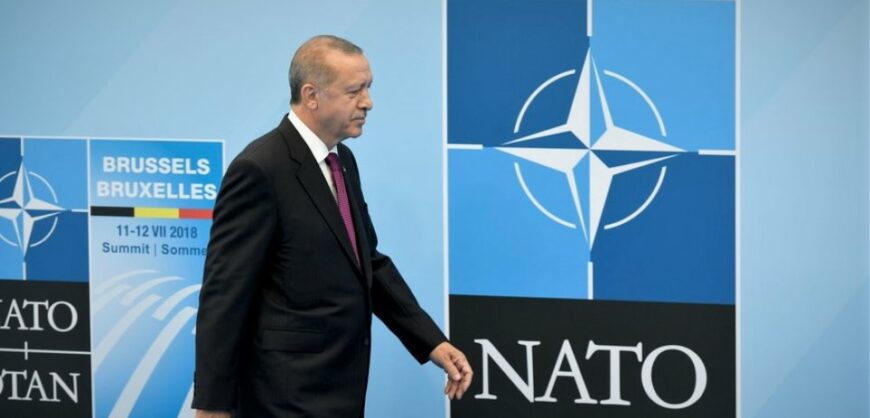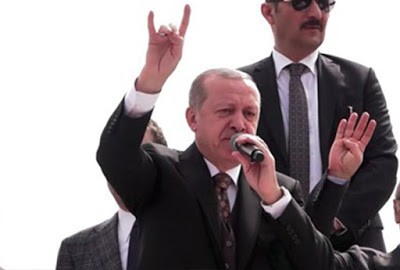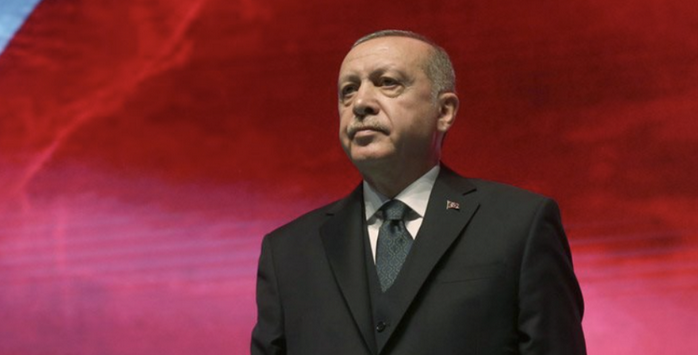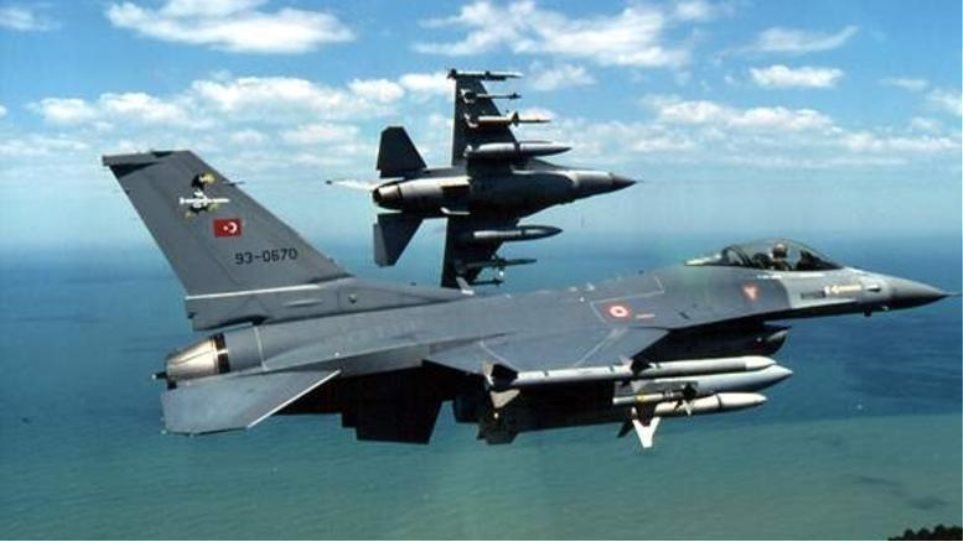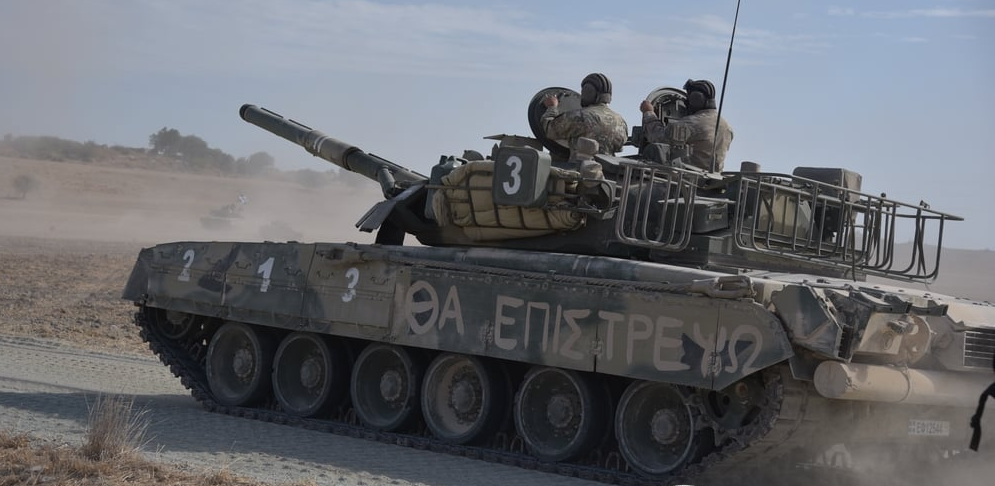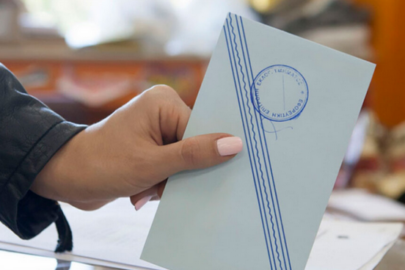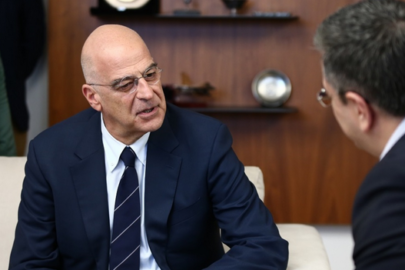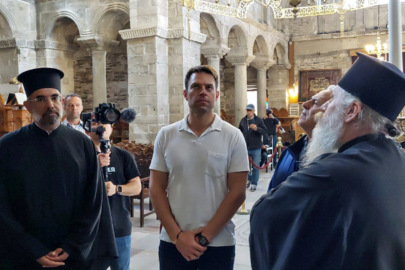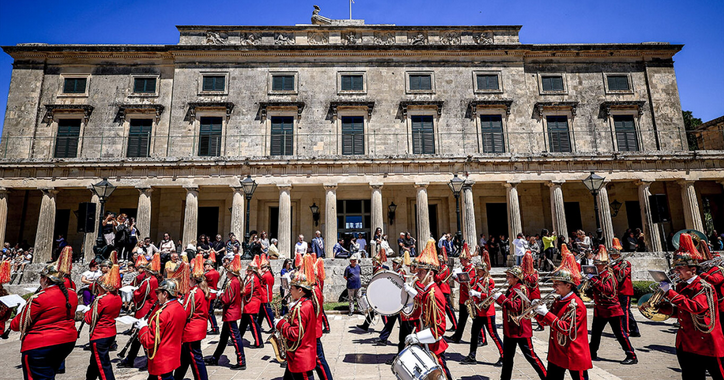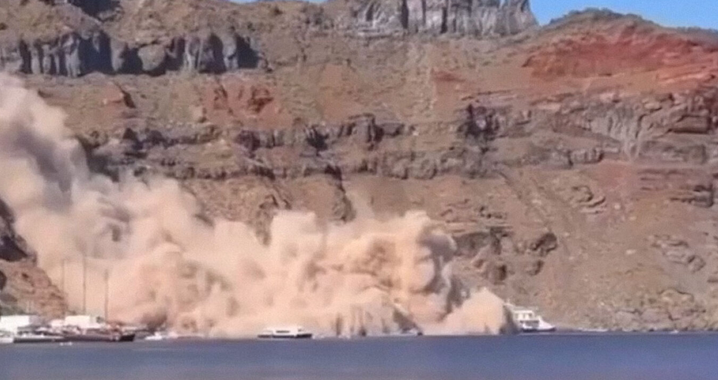President Joe Biden took what is acclaimed to be a brave step: denouncing the 1915 genocide by the Ottoman Empire against its ethnic Armenian population. Some 1.5 million people likely perished. Biden said, “Each year on this day, we remember the lives of all those who died in the Ottoman‐era Armenian genocide and recommit ourselves to preventing such an atrocity from ever again occurring.”
Who could possibly object to such unexceptional, even banal sentiments? The government of the Republic of Turkey. For years lobbyists for Ankara and Turkish groups battled representatives of ethnic Armenians, often backed by other critics of Turkey, particularly Greek and Cypriot interests, over whether or not Congress and the president would pronounce their opinion on this obscure historical question. The bizarre battle over how to characterize events decades past was among the most bitter to regularly consume Washington.
In recent years, Ankara has lost ground. With President Recep Tayyip Erdoğan simultaneously creating an authoritarian state, arresting American citizens, turning hostile to Israel, courting territorial conflict with Greece and Cyprus, promoting Islamist forces, colluding with ISIS, attacking the U.S. military’s Syrian Kurdish allies, intervening militarily in Libya, and cooperating with Russia, he has few friends left in America. No one without Turkish blood or on the Turkish payroll has any reason to defend the Turkish government. There is no political penalty for a U.S. politician ignoring Ankara’s complaints and defying Ankara’s dictates.
Indeed, if I had my druthers, America’s nuclear weapons would be out of Incirlik tomorrow. All other military forces would be in the process of moving to bases outside of Turkey. And Washington would be discussing with other NATO members how to either oust or restrict Ankara to eliminate the danger of a fifth column within the transatlantic alliance. Best for the U.S. today would be a civil divorce rather than continued wrangling over the future of the relationship. Erdoğan can be trusted only to do harm — to allied states and the Turkish people.
The Armenian genocide issue precedes him, however. It long has been a political football. But it simply doesn’t belong in Congress or the White House.
As a matter of history during the Great War, as World War I was originally called, the Ottoman Empire, a weak link in the Central Powers, was under sustained attack from the Entente. The Ottomans could expect a loss to result in dismantlement of their country. So they believed they were in a bitter fight for survival.
Time: How Erdogan’s increasingly erratic rule in Turkey presents a risk to the world – Analysis
Turkey scrambles to rebuild decimated lobbying team as tensions with US pile up
There is no doubt that the government engaged in mass brutality against and killing of the Christian ethnic Armenian population. What happened was a grotesque wrong irrespective of the exact intentions and results. “Genocide” is a technical term with specific meaning. Whether or not what occurred 106 years fits the formal definition of genocide is of no consequence today.
The victims are dead and cannot be revived. Property that was confiscated has been dissipated. Land that was taken has been distributed. Those who ordered and performed the atrocities are long deceased. The government responsible for the crime disappeared after the war’s end. Even the country at fault disappeared. What has since evolved is different: different officials in a different government ruling over a different land operating in different ways while overseeing different people.
Whether or not the Ottoman Empire committed genocide is a great question for academic debate. But what is the point of dumping the controversy into the political sewer known as Washington?
In fact, the controversy has essentially nothing to do with the terrible actions committed a century ago. Rather, it has everything to do with the Republic of Turkey today. Put bluntly: it is a political weapon for bashing Ankara.
Read more: CATO

